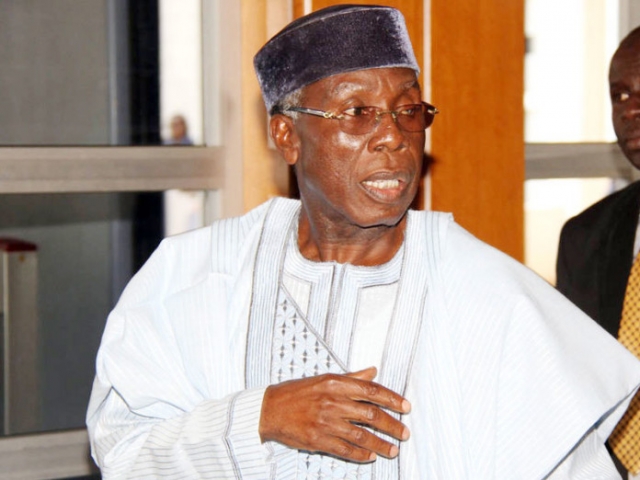The minister of agriculture and rural development, Chief Audu Ogbeh, has said that Nigeria has worked with more than 4,500 extension agents and three million smallholder farmers in the diffusion of improved crop varieties since 1992.
In a statement signed by the special adviser to the minister on media, Ogbeh made the statement in his remarks at the Sasakawa Africa Association (SAA) side event at the Tokyo International Conference for African Development which held was held at the weekend.
“Nigeria worked with the farmers following the signing of a partnership agreement with the Federal Ministry of Agriculture to work with federal and state agencies with the overarching objective to raise agricultural productivity and improve food crop marketing in the country.
“Over the past 20 years the growth of the programme has been impressive in terms of its spread and reach. The diffused crops include wheat, maize, rice, cowpea, peanut, soybean, tomato, pepper, groundnut, millet, sorghum, sesame, cotton, and cassava technologies since the commencement of the Sasakawa-Global 2000 (SG2000) in 1992.
“The programme operates by working collaboratively with innovative farmers to establish production-scale plots to demonstrate packages of improved technology for improved agricultural productivity and food crop marketing through improved access to seeds and seedlings, better fertiliser application methods and crop protection, as well as improved crop management methods through the administration of management training plots (MTPs).”
”The agricultural development projects (ADPs) have been pivotal as enduring institutional platforms for anchoring the SG2000 Nigeria in the participating states under a well structured arrangement. It entails the participating ADPs assigning state and zonal coordinators and extension agents (EAs) to implement the jointly planned SG2000 field programmes.
The SG2000 supplements the in-service training of ADP staff that provides on-the-ground training to participating farmers. This is with a view to ensuring successful technology transfer while assisting them in obtaining inputs and solving day-to-day problems affecting low food crop productivity,” he added.
He revealed that in 2014 a total of N280 million was released to the SAA/SG2000 for extension service delivery to six states of the federation, covering all the six geo-political zones of Nigeria.











